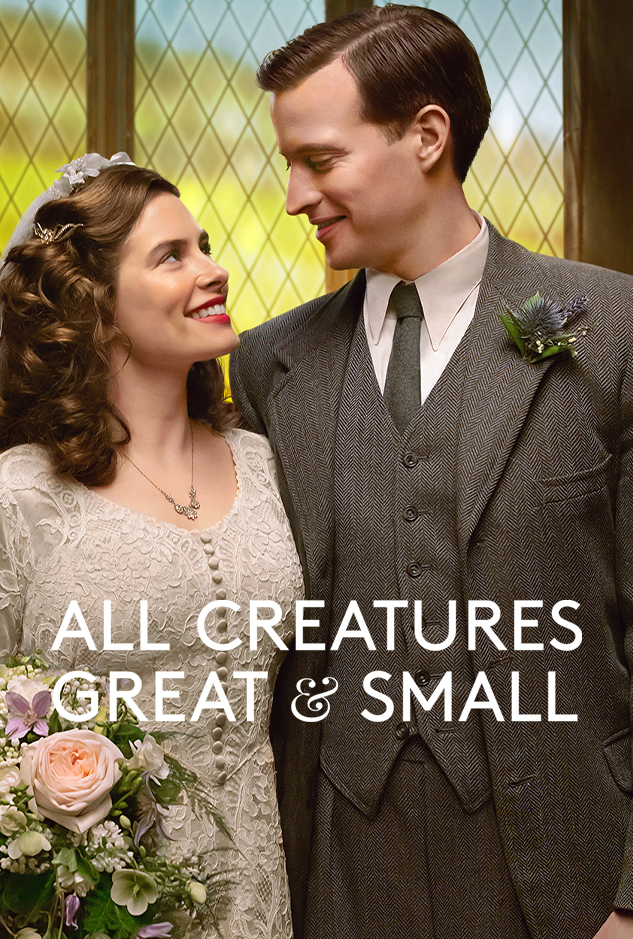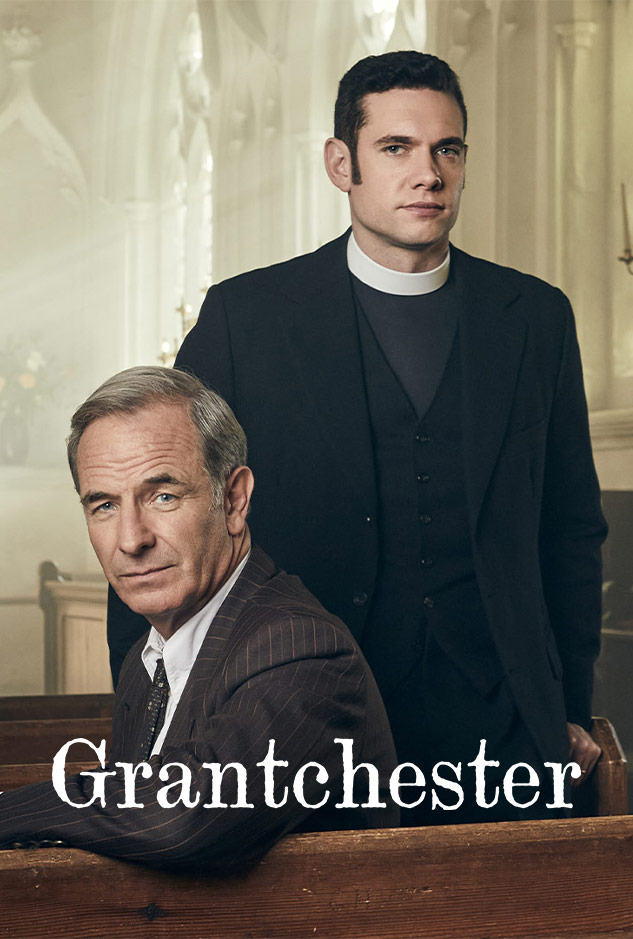Episode 6 History & Images
How did Paris fall to Germany without the firing of a single shot? Learn about the occupation of Paris, the rise of the Gestapo, and the Nazi policy on jazz, as seen in Episode 6 of World on Fire on MASTERPIECE on PBS.
- 1.
How Did France Fall to Germany?

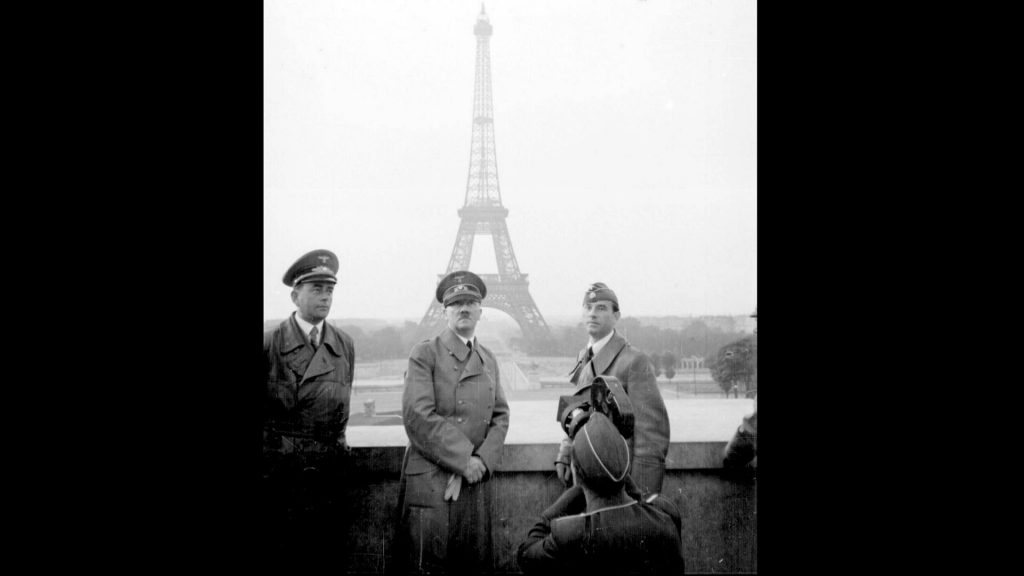
In World on Fire, American doctor Webster O’Connor (Brian J. Smith) is in Paris when the Germans take over the city without firing a shot. How did that happen?
After the British army’s final evacuation from Dunkirk on June 4, 1940, the Germans still faced a strong defensive line of French troops, blocking the way to Paris and the rest of France. Brigadier General Charles de Gaulle, a talented French tank commander, implored the government to consolidate its weak tank units into a single armored corps under his command, replicating the blitzkrieg model of the Germans. De Gaulle was turned down.
Meanwhile, the defensive line was crumbling under relentless German tank attacks, aided by air superiority and a nearly two-to-one advantage for Germany in troop strength. Lackluster French leadership also contributed, along with a flood of refugees clogging the roads to the front lines.
On June 10, the French government declared Paris an “open city,” meaning French troops would not contest its occupation in order to safeguard Paris from destruction. Four days later the Germans marched in. By this point, General de Gaulle was a member of the French cabinet and argued vigorously to continue the fighting, even if it meant retreating to France’s colony in North Africa. However, the new head of government, World War I hero Marshal Philippe Pétain, insisted on negotiating an armistice, which was signed on June 22. The capitulation gave Germany control of more than half of France, with a puppet state under Pétain presiding over the rest, known informally as Vichy France after its capital city. De Gaulle refused to recognize the Vichy government and went into exile in England, where he began organizing the Free French Forces.
- 2.
How Did the Gestapo Terrorize German Citizens?

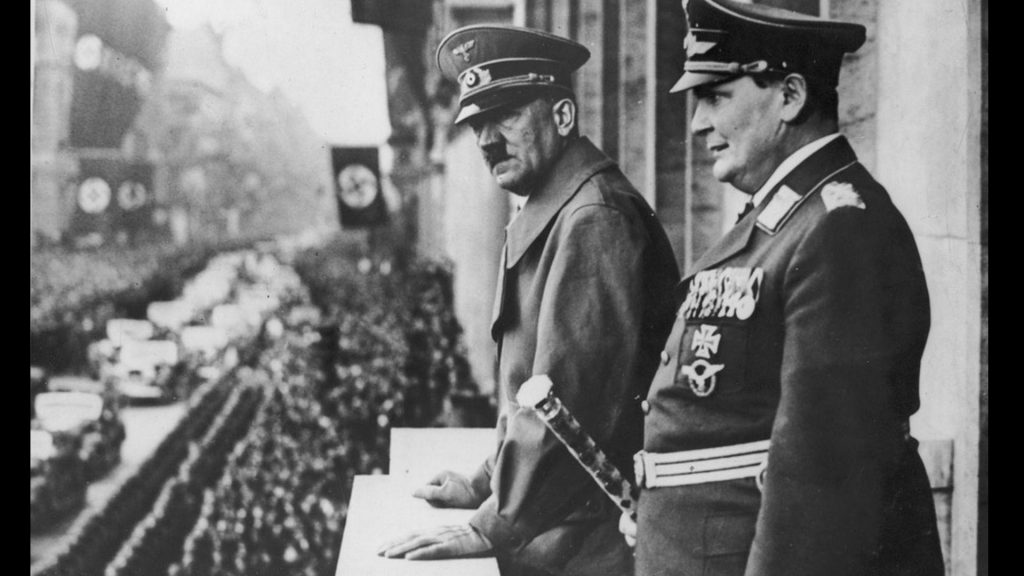
Ethnic Germans such as Herr and Frau Rossler (played by Johannes Zeiler and Victoria Mayer) had nothing to fear from Nazi racial policies, but they still lived in terror of being denounced to the Gestapo by neighbors and coworkers. In the Rosslers’ case, they were trying to hide their daughter’s epilepsy, which made her subject to forced euthanasia. But their occasional criticisms of the government also put them at risk.
Formed by Hitler’s deputy Hermann Göring in 1933, “Gestapo” was short for Geheime Staatspolizei, which means Secret State Police. Its mission was to protect the Nazi regime through arbitrary arrests and terror. As its reputation grew, the Gestapo did not need a large staff of investigators, since ordinary citizens were happy to supply evidence. “This was a golden age for snitchers,” writes historian Frank McDonough, who notes that Gestapo officers received so many denunciations that they were overwhelmed with falsely accused personal enemies of the informants. The hapless victims were questioned and usually released, but they could also end up in concentration camps despite their innocence.
When the Gestapo encountered genuine treachery, they could be merciless. In addition to plots against the state, treachery included telling jokes, passing rumors, listening to enemy broadcasts, and any kind of critical comments. Punishments ranged from a warning (after obtaining a signed confession), to prison, to death, which was periodically meted out for trivial offenses in order to set an example.
- 3.
What Was the Nazi Policy on Jazz?

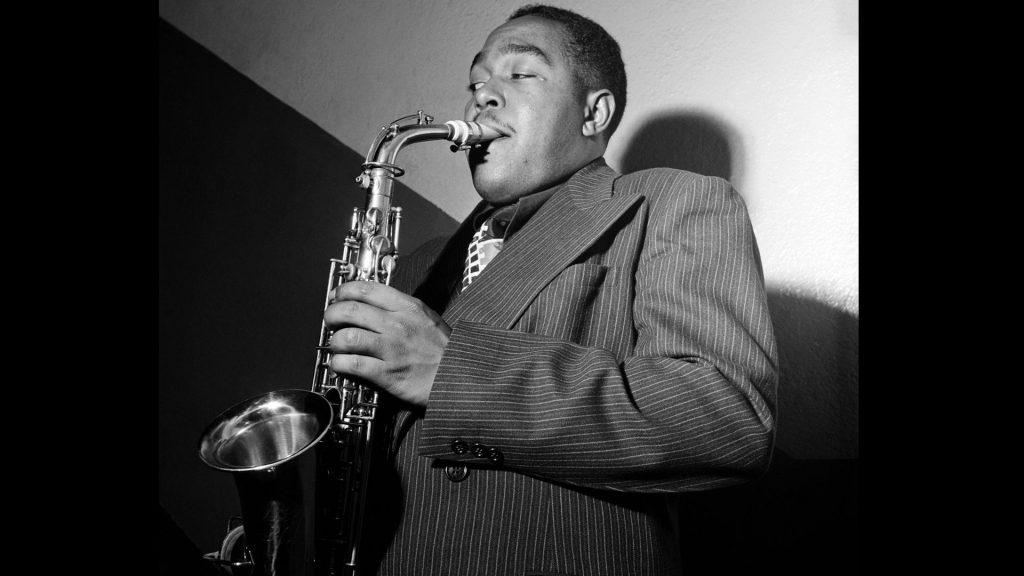
After the fall of Paris to the Nazis in June 1940, saxophone player Albert Fallou (Parker Sawyers) is persecuted for the double crime of being black and playing jazz. Since many German officers were jazz lovers, they tended to be more forgiving of one trait than the other. Official Nazi doctrine classified jazz as “degenerate music,” largely because of its roots in African-American culture. And according to the pseudo-scientific racial classification scheme in Hitler’s Mein Kampf, people of African descent were an inferior race.
The result was that while jazz was prohibited in Germany, it was tolerated in occupied countries to appease the local populace and give the troops a source of forbidden entertainment. At the same time, black jazz musicians were banned, while white performers were left alone.
Discover more about World on Fire:
Keep track of all the action with our recap of World on Fire Episode 6.
Wondering why the Americans didn’t help France and the UK during the first year of the war? Find out what was going on in the United States in 1940.
Discover what sparked the first phase of the war and how it played out in our World War II Major Events Timeline.
Hear Cole Porter, Billie Holiday and iconic artists sing the songs of World on Fire in MASTERPIECE’s playlist.













